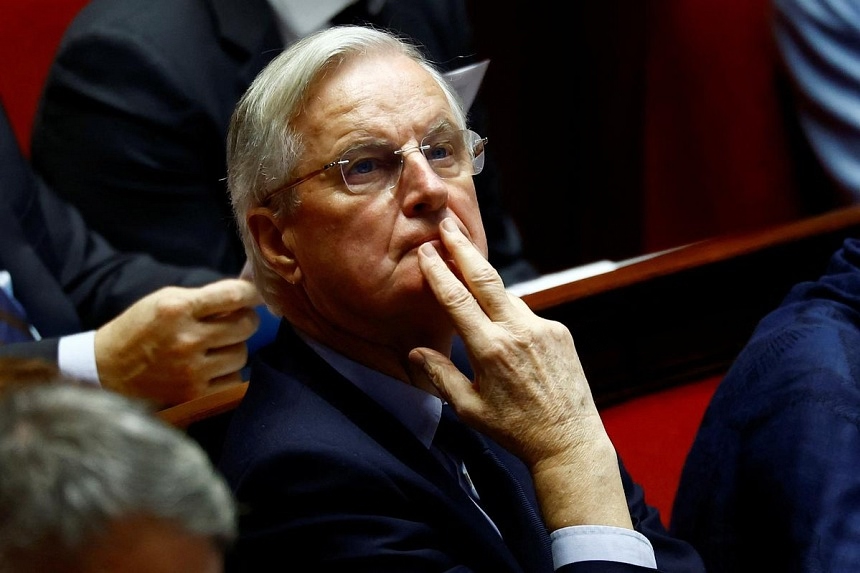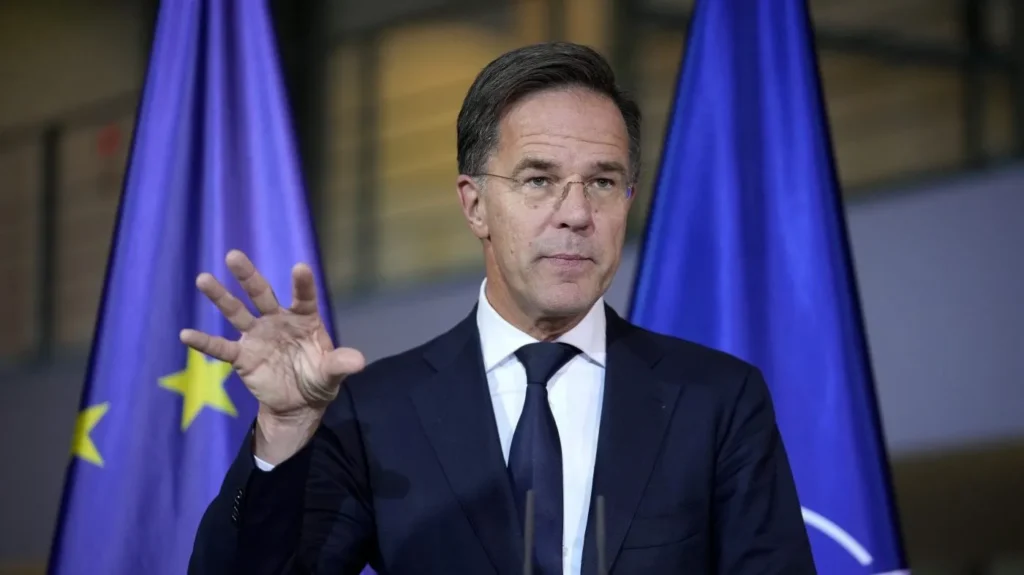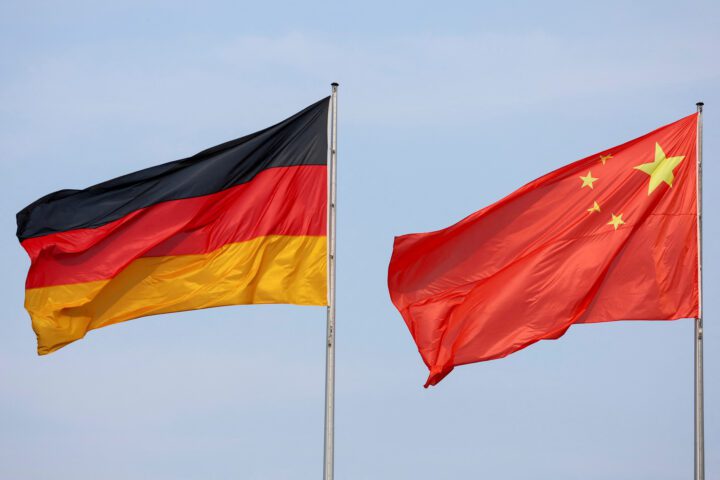In a precarious political climate, French Prime Minister Michel Barnier has lost a no-confidence vote in a scenario that could potentially destabilise credit markets and provide a broader platform for the far-right. Barnier, a seasoned politician hailing from the centre-right party, Les Républicains, is most likely to remain in his role as a caretaker until a suitable replacement is appointed.
The no-confidence motion, a parliamentary tool that enables lawmakers to express their dissatisfaction with the executive’s policies, led to Barnier’s unseating. The vote, which was precipitated by a series of political crises and economic downturns, is a clear indication of the lawmakers’ waning faith in Macron’s leadership. It also signals a moment of profound political instability in France.
The vote’s impact is likely to reverberate beyond France’s borders, especially in the European Union, where Barnier previously served as an EU negotiator for Brexit. The potential destabilisation of credit markets is a significant concern, given the pivotal role France plays in the Eurozone’s economic stability. A weakened French economy, coupled with political instability, could send shockwaves through the EU and global financial markets.
However, the more immediate and visible impact will be within France’s political landscape. The dismissal of Barnier could serve as a rallying point for France’s far-right parties, including Marine Le Pen’s National Rally. These groups could seize the opportunity to exploit the political vacuum and the public’s dissatisfaction with mainstream politics. The far-right’s potential ascendancy is a worrying prospect for many in France, given their often divisive and nationalistic rhetoric.
While Barnier’s departure is a setback for the centre-right Les Républicains, it also presents an opportunity. A new leader could rejuvenate the party and restore public confidence in its ability to govern. The party will need to invest time in finding a suitable replacement who can navigate the country through its current challenges and appeal to a wide range of voters.
As for Barnier, his political future remains uncertain. With the loss of the no-confidence vote, his political credibility has taken a significant hit. However, his vast experience in European politics and his reputation as a skilled negotiator could still prove valuable in other roles, either domestically or within the EU.
The coming weeks and months will be crucial for France. The country will need to navigate a complex political transition, stabilise its economy, and manage the potential rise of far-right parties. While the no-confidence vote is a significant blow to Barnier, it is also a stark reminder of the challenges and opportunities that lie ahead in France’s political landscape. Only time will tell how the nation will weather these changes and what impact they will have on its future.







